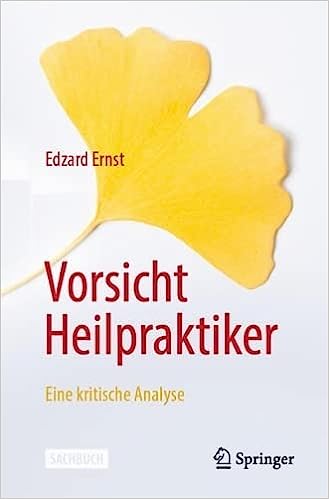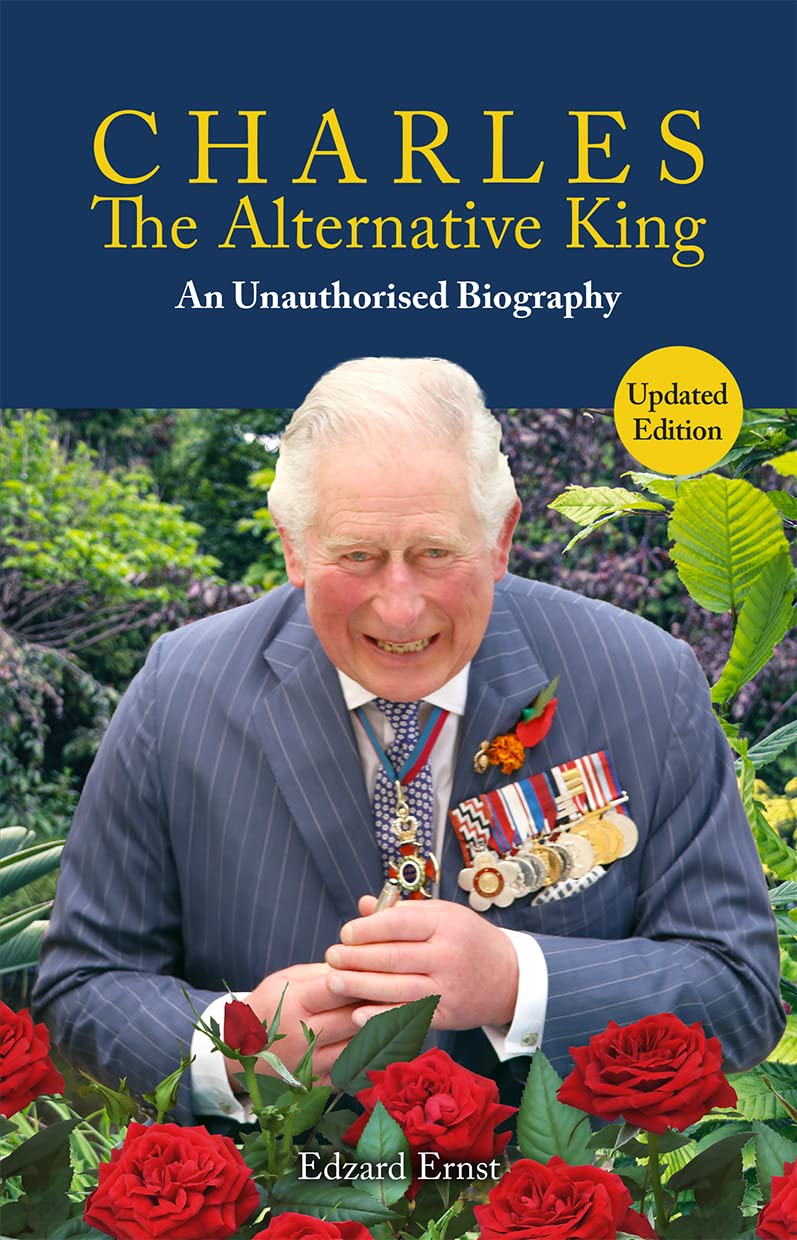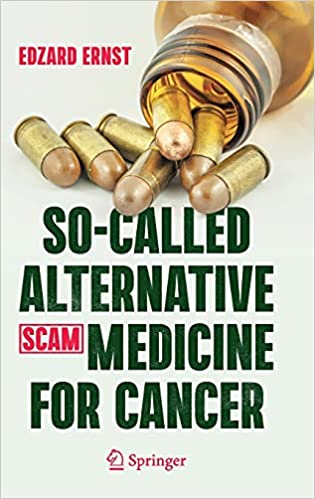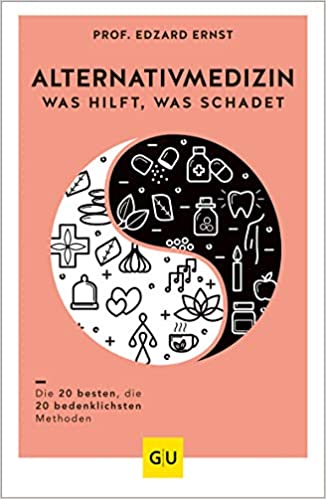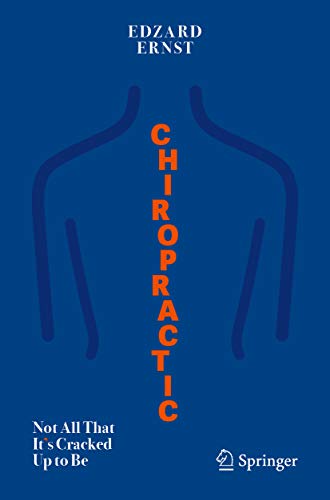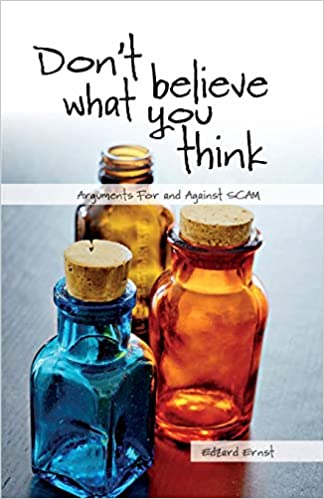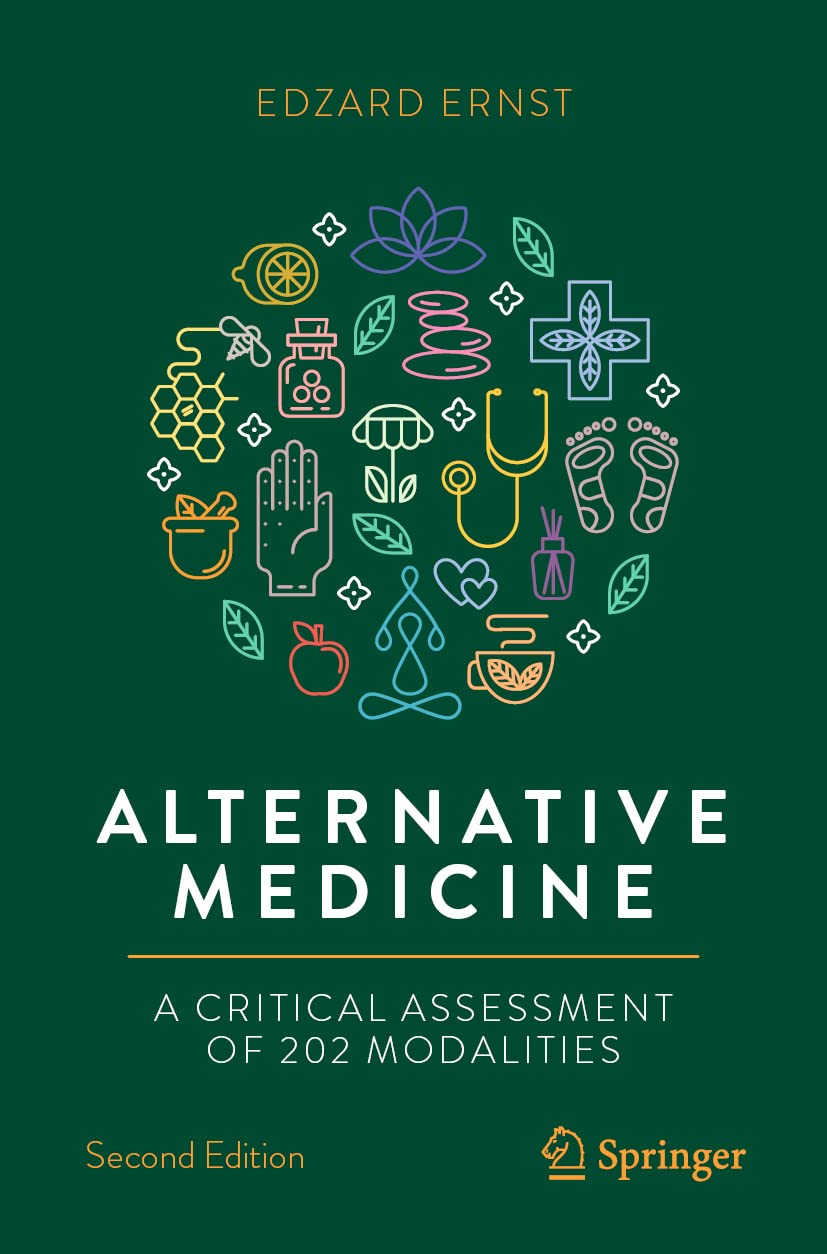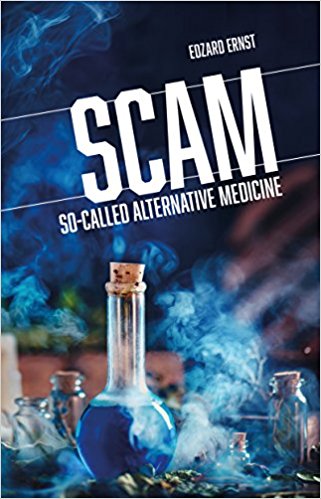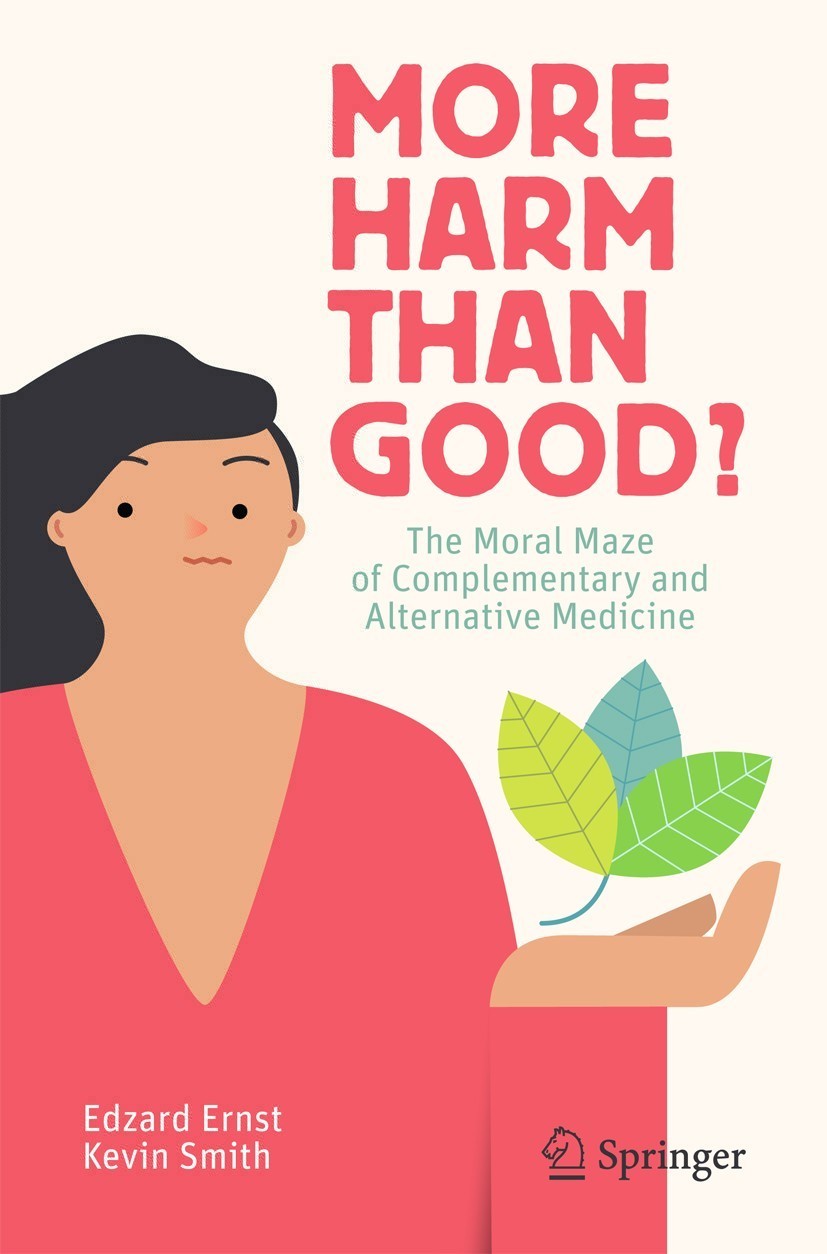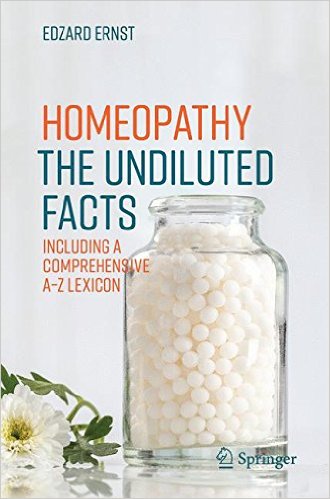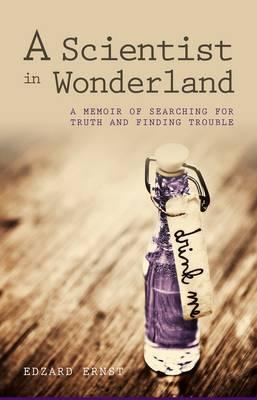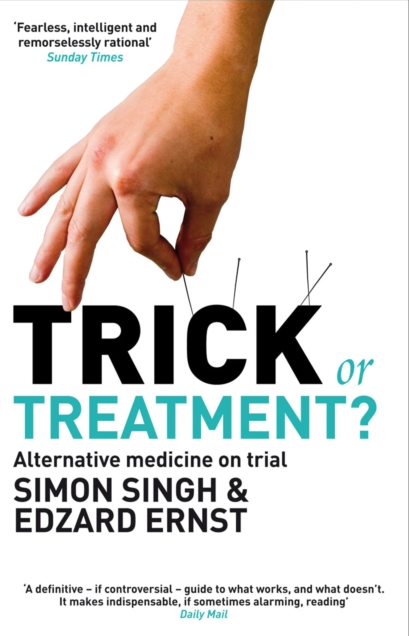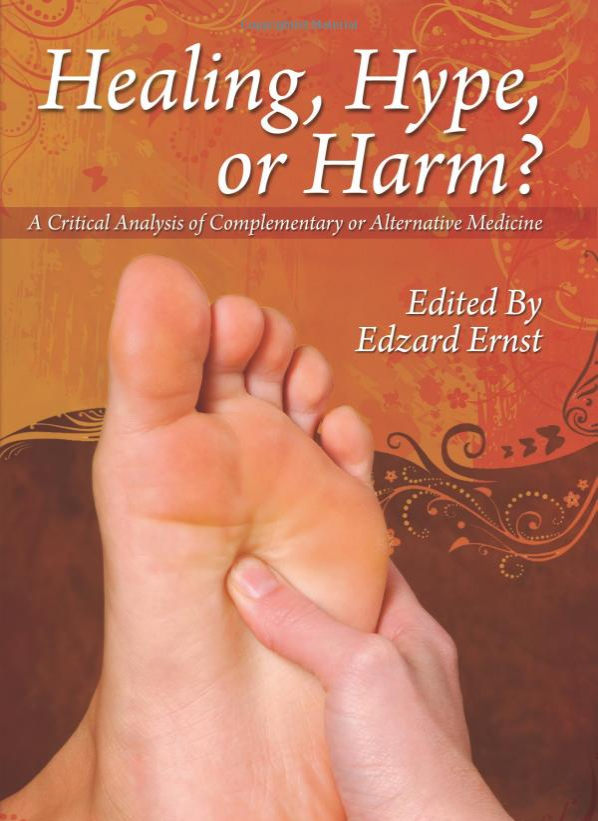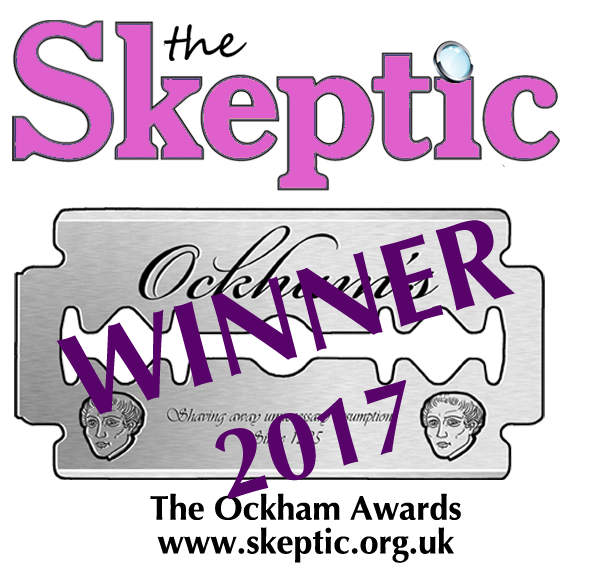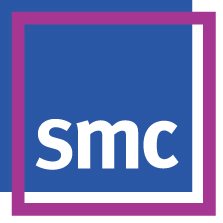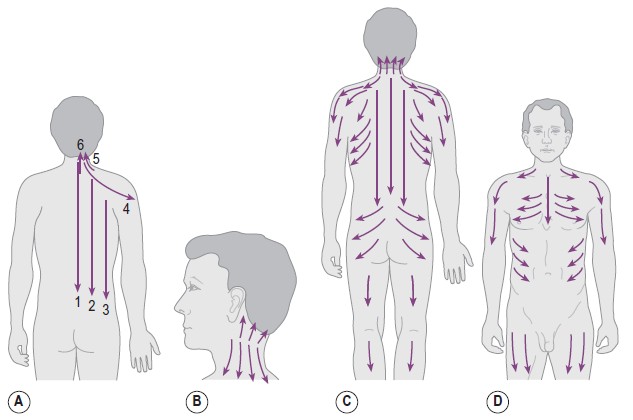Traditional vaginal practices usually relate to personal hygiene, genital health or sexuality. Hygiene practices involve external washing and intravaginal cleansing or douching and ingestion of substances. Health practices include intravaginal cleansing, traditional cutting, insertion of herbal preparations, and application of substances to soothe irritated vaginal tissue.
One such traditional practice is ‘vaginal steaming’.
Recently vaginal steaming has become a fad promoted by SCAM-promoters (such as the vagina-obsessed Gwyneth Paltrow) with the claim that it leads to a range of health benefits. According to one website, for instance, vaginal steaming, Yoni Eggs, yoni or v-steam, as it is casually known, acts as an internal cleanser of the membranes of the vaginal tissues and uterus. This is considered especially important for stagnant fertility conditions and/or incomplete emptying of menses each cycle. This women’s treatment gently but effectively cleanses, tones and revitalizes a woman’s center, providing a myriad benefits from reduced menstrual cramps to increased fertility and more. Support your natural feminine cycle, help your body to heal, relax, and detoxify both physically and emotionally with a yoni steam.
The method is recommended for a wide range of conditions and is said to achieve all of the following and much, much more:
- Significant reduction of pain, bloating and exhaustion associated with menstruation.
- Significant reduction of PMS.
- Decrease of menstrual flow as well as reduction of dark purple or brown blood at the onset or end of menses.
- Regulation of irregular or absent menstrual cycles.
- Increased fertility.
- Faster healing and toning of the reproductive system following childbirth.
- Assisting in healing uterine fibroids, ovarian cysts, uterine weakness, uterine prolapse & endometriosis.
- Breaking down of reproductive adhesion/scar tissue. Assisting with the repair of a vaginal tear, episiotomy, or C-section scar.
- Assisting with the healing of haemorrhoids.
- Treating chronic vaginal/yeast infections and maintaining healthy vaginal odour.
- Relief of menopausal symptoms such as vaginal dryness or pain during sex.
- Detoxification of the womb/removal of toxins from the body. Release of stored emotions.
- Reconnection with our female bodies and tapping into the sexual energy that is our creative potential.
Frequently, entrepreneurs recommend adding herbal or other ingredients. Herbs often used include:
- mugwort
- wormwood
- chamomile
- calendula
- basil
- oregano
- vaginal steaming arms your bank account;
- it disrupts the normal pH balance of the vagina;
- in turn, this increases the risk of fungal and bacterial infections;
- vaginal steaming can cause burns;
- with added herbs, it can cause allergies.
New Zealand psychologists analysed online accounts of vaginal steaming to determine the sociocultural assumptions and logics within such discourse, including ideas about women, women’s bodies and women’s engagement with such ‘modificatory’ practices. Ninety items were carefully selected from the main types of website discussing vaginal steaming: news/magazines; health/lifestyle; spa/service providers; and personal blogs. Within an overarching theme of ‘the self-improving woman’ the researchers identified four themes: (1) the naturally deteriorating, dirty female body; (2) contemporary life as harmful; (3) physical optimisation and the enhancement of health; and (4) vaginal steaming for life optimisation. The authors concluded that online accounts of vaginal steaming appear both to fit within historico-contemporary constructions of women’s bodies as deficient and disgusting, and contemporary neoliberal and healthist discourse around the constantly improving subject.
For the sake of ‘journalistic balance’, let’s give Gwyneth the last word about the benefits of vaginal steaming. She knows best because she has done it and was quoted uttering these profound and scientific views: “The first time I tried v-steaming, I was like, ‘This is insane’. My friend Ben brought me and I was like, ‘You are out of your f**king mind. What is this? But then by the end of it I was like, ‘This is so great.’ Then I start to do research, and it’s been in Korean medicine for thousands of years and there are real healing properties. If I find benefit to it and it’s getting a lot of page views, it’s a win-win.”
And who would or could argue with that?
I have often pointed out that, in contrast to ‘rational phytotherapy’, traditional herbalism of various types (e. g. Western, Chinese, Kampo, etc.) – characterised by the prescription of an individualised mixture of herbs by a herbalist – is likely to do more harm than good. This recent paper provides new and interesting information about the phenomenon.
Specifically, it explores the prevalence with which Australian Western herbalists treat menstrual problems and their related treatment, experiences, perceptions, and inter-referral practices with other health practitioners. Members of the Practitioner Research and Collaboration Initiative practice-based research network identifying as Western Herbalists (WHs) completed a specifically developed, online questionnaire.
Western Herbalists regularly treat menstrual problems, perceiving high, though differential, levels of effectiveness. For menstrual problems, WHs predominantly prescribe individualised formulas including core herbs, such as Vitex agnus-castus (VAC), and problem-specific herbs. Estimated clients’ weekly cost (median = $25.00) and treatment duration (median = 4-6 months) covering this Western herbal medicine treatment appears relatively low. Urban-based women are more likely than those rurally based to have used conventional treatment for their menstrual problems before consulting WHs. Only 19% of WHs indicated direct contact by conventional medical practitioners regarding treatment of clients’ menstrual problems despite 42% indicating clients’ conventional practitioners recommended consultation with WH.
The authors concluded that Western herbal medicine may be a substantially prevalent, cost-effective treatment option amongst women with menstrual problems. A detailed examination of the behaviour of women with menstrual problems who seek and use Western herbal medicine warrants attention to ensure this healthcare option is safe, effective, and appropriately co-ordinated within women’s wider healthcare use.
Apart from the fact, that I don’t see how the researchers could possibly draw conclusions about the cost-effectiveness of Western herbalism, I feel that this survey requires further comments.
There is no reason to assume that individualised herbalism is effective and plenty of reason to fear that it might cause harm (the larger the amount of herbal ingredients in one prescription, the higher the chances for toxicity and interactions). The only systematic review on the subject concluded that there is a sparsity of evidence regarding the effectiveness of individualised herbal medicine and no convincing evidence to support the use of individualised herbal medicine in any indication.
Moreover, VAC (the ‘core herb’ for menstrual problems) is hardly a herb that is solidly supported by evidence either. A systematic review concluded that, although meta-analysis shows a large pooled effect of VAC in placebo-controlled trials, the high risk of bias, high heterogeneity, and risk of publication bias of the included studies preclude a definitive conclusion. The pooled treatment effects should be viewed as merely explorative and, at best, overestimating the real treatment effect of VAC for premenstrual syndrome symptoms. There is a clear need for high-quality trials of appropriate size examining the effect of standardized extracts of VAC in comparison to placebo, selective serotonin reuptake inhibitors, and oral contraceptives to establish relative efficacy.
And finally, VAC is by no means free of adverse effects; our review concluded that frequent adverse events include nausea, headache, gastrointestinal disturbances, menstrual disorders, acne, pruritus and erythematous rash. No drug interactions were reported. Use of VAC should be avoided during pregnancy or lactation. Theoretically, VAC might also interfere with dopaminergic antagonists.
So, to me, this survey suggests that the practice of Western herbalists is:
- not evidence-based;
- potentially harmful;
- and costly.
In a nutshell: IT IS BEST AVOIDED.
It has been reported that, between 1 January 2018 and 31 May 2018, there have been 587 laboratory confirmed measles cases in England. They were reported in most areas with London (213), the South East (128), West Midlands (81), South West (62), and Yorkshire/Humberside (53). Young people and adults who missed out on MMR vaccine when they were younger and some under-vaccinated communities have been particularly affected.
Public Health England (PHE) local health protection teams are working closely with the NHS and local authorities to raise awareness with health professionals and local communities. Anyone who is not sure if they are fully vaccinated should check with their GP practice who can advise them.
Dr Mary Ramsay, Head of Immunisation at PHE, said:
“The measles outbreaks we are currently seeing in England are linked to ongoing large outbreaks in Europe. The majority of cases we are seeing are in teenagers and young adults who missed out on their MMR vaccine when they were children. Anyone who missed out on their MMR vaccine in the past or are unsure if they had 2 doses should contact their GP practice to catch-up. This serves as an important reminder for parents to take up the offer of MMR vaccination for their children at 1 year of age and as a pre-school booster at 3 years and 4 months of age. We’d also encourage people to ensure they are up to date with their MMR vaccine before travelling to countries with ongoing measles outbreaks. The UK recently achieved WHO measles elimination status and so the overall risk of measles to the UK population is low, however, we will continue to see cases in unimmunised individuals and limited onward spread can occur in communities with low MMR coverage and in age groups with very close mixing.”
__________________________________________________________________________________
And what has this to do with alternative medicine?
More than meets the eye, I fear.
The low vaccination rates are obviously related to Wakefield’s fraudulent notions of a link between MMR-vaccinations and autism. Such notions were keenly lapped up by the SCAM-community and are still being trumpeted into the ears of parents across the UK. As I have discussed many times, lay-homeopaths are at the forefront of this anti-vaccination campaign. But sadly the phenomenon is not confined to homeopaths nor to the UK; many alternative practitioners across the globe are advising their patients against vaccinations, e. g.:
- Governments take action to prevent vaccination-rates from falling
- Use of alternative medicine is associated with low vaccination rates
- Integrative medicine physicians tend to harbour anti-vaccination views
- Vaccination: chiropractors “espouse views which aren’t evidence based”
- Faith-healing as an alternative to vaccination?
- Recommending homeoprophylaxis is unethical, irresponsible and possibly even criminal
- Chiropractors are undermining public health
- CAM use is risk factor for the failure to immunize children
- Let’s be blunt: homeopathy is bogus – but homeoprophylaxis is worse, much worse!
- Are mothers being taught by homeopaths to become anti-vaxers?
- Some naturopaths are clearly a danger to public health
Considering these facts, I wish Dr Mary Ramsay, Head of Immunisation at PHE, would have had the courage to add to her statement: IT IS HIGH TIME THAT ALTERNATIVE PRACTITIONERS DO MORE THAN A MEEK LIP SERVICE TO THE FACT THAT VACCINATIONS SAVE LIVES.
 The only time we discussed gua sha, it led to one of the most prolonged discussions we ever had on this blog (536 comments so far). It seems to be a topic that excites many. But what precisely is it?
The only time we discussed gua sha, it led to one of the most prolonged discussions we ever had on this blog (536 comments so far). It seems to be a topic that excites many. But what precisely is it?
Gua sha, sometimes referred to as “scraping”, “spooning” or “coining”, is a traditional Chinese treatment that has spread to several other Asian countries. It has long been popular in Vietnam and is now also becoming well-known in the West. The treatment consists of scraping the skin with a smooth edge placed against the pre-oiled skin surface, pressed down firmly, and then moved downwards along muscles or meridians. According to its proponents, gua sha stimulates the flow of the vital energy ‘chi’ and releases unhealthy bodily matter from blood stasis within sore, tired, stiff or injured muscle areas.
The technique is practised by TCM practitioners, acupuncturists, massage therapists, physical therapists, physicians and nurses. Practitioners claim that it stimulates blood flow to the treated areas, thus promoting cell metabolism, regeneration and healing. They also assume that it has anti-inflammatory effects and stimulates the immune system.
These effects are said to last for days or weeks after a single treatment. The treatment causes microvascular injuries which are visible as subcutaneous bleeding and redness. Gua sha practitioners make far-reaching therapeutic claims, including that the therapy alleviates pain, prevents infections, treats asthma, detoxifies the body, cures liver problems, reduces stress, and contributes to overall health.
Gua sha is mildly painful, almost invariably leads to unsightly blemishes on the skin which occasionally can become infected and might even be mistaken for physical abuse.
There is little research of gua sha, and the few trials that exist tend to be published in Chinese. But recently, a new paper has emerged that is written in English. The goal of this systematic review was to evaluate the available evidence from randomized controlled trials (RCTs) of gua sha for the treatment of patients with perimenopausal syndrome.
A total of 6 RCTs met the inclusion criteria. Most were of low methodological quality. When compared with Western medicine therapy alone, meta-analysis of 5 RCTs indicated favorable statistically significant effects of gua sha plus Western medicine. Moreover, study participants who received Gua Sha therapy plus Western medicine therapy showed significantly greater improvements in serum levels of follicle-stimulating hormone (FSH), luteinizing hormone (LH) compared to participants in the Western medicine therapy group.
The authors concluded that preliminary evidence supported the hypothesis that Gua Sha therapy effectively improved the treatment efficacy in patients with perimenopausal syndrome. Additional studies will be required to elucidate optimal frequency and dosage of Gua Sha.
This sounds as though gua sha is a reasonable therapy.
Yet, I think this notion is worth being critically analysed. Here are some caveats that spring into my mind:
- Gua sha lacks biological plausibility.
- The reviewed trials are too flawed to allow any firm conclusions.
- As most are published in Chinese, non-Chinese speakers have no possibility to evaluate them.
- The studies originate from China where close to 100% of TCM trials report positive results.
- In my view, this means they are less than trustworthy.
- The authors of the above-cited review are all from China and might not be willing, able or allowed to publish a critical paper on this subject.
- The review was published in Complement Ther Clin Pract., a journal not known for its high scientific standards or critical stance towards TCM.
So, is gua sha a reasonable therapy?
I let you make this judgement.
Is homeopathy effective for specific conditions? The FACULTY OF HOMEOPATHY (FoH, the professional organisation of UK doctor homeopaths) say YES. In support of this bold statement, they cite a total of 35 systematic reviews of homeopathy with a focus on specific clinical areas. “Nine of these 35 reviews presented conclusions that were positive for homeopathy”, they claim. Here they are:
Allergies and upper respiratory tract infections 8,9
Childhood diarrhoea 10
Post-operative ileus 11
Rheumatic diseases 12
Seasonal allergic rhinitis (hay fever) 13–15
Vertigo 16
And here are the references (I took the liberty of adding my comments in blod):
8. Bornhöft G, Wolf U, Ammon K, et al. Effectiveness, safety and cost-effectiveness of homeopathy in general practice – summarized health technology assessment. Forschende Komplementärmedizin, 2006; 13 Suppl 2: 19–29.
This is the infamous ‘Swiss report‘ which, nowadays, only homeopaths take seriously.
9. Bellavite P, Ortolani R, Pontarollo F, et al. Immunology and homeopathy. 4. Clinical studies – Part 1. Evidence-based Complementary and Alternative Medicine: eCAM, 2006; 3: 293–301.
This is not a systematic review as it lacks any critical assessment of the primary data and includes observational studies and even case series.
10. Jacobs J, Jonas WB, Jimenez-Perez M, Crothers D. Homeopathy for childhood diarrhea: combined results and metaanalysis from three randomized, controlled clinical trials. Pediatric Infectious Disease Journal, 2003; 22: 229–234.
This is a meta-analysis by Jennifer Jacobs (who recently featured on this blog) of 3 studies by Jennifer Jacobs; hardly convincing I’d say.
11. Barnes J, Resch K-L, Ernst E. Homeopathy for postoperative ileus? A meta-analysis. Journal of Clinical Gastroenterology, 1997; 25: 628–633.
This is my own paper! It concluded that “several caveats preclude a definitive judgment.”
12. Jonas WB, Linde K, Ramirez G. Homeopathy and rheumatic disease. Rheumatic Disease Clinics of North America, 2000; 26: 117–123.
This is not a systematic review; here is the (unabridged) abstract:
Despite a growing interest in uncovering the basic mechanisms of arthritis, medical treatment remains symptomatic. Current medical treatments do not consistently halt the long-term progression of these diseases, and surgery may still be needed to restore mechanical function in large joints. Patients with rheumatic syndromes often seek alternative therapies, with homeopathy being one of the most frequent. Homeopathy is one of the most frequently used complementary therapies worldwide.
Proper systematic reviews fail to show that homeopathy is an effective treatment for rheumatic conditions (see for instance here and here).
13. Wiesenauer M, Lüdtke R. A meta-analysis of the homeopathic treatment of pollinosis with Galphimia glauca. Forschende Komplementärmedizin und Klassische Naturheilkunde, 1996; 3: 230–236.
This is a meta-analysis by Wiesenauer of trials conducted by Wiesenauer.
My own, more recent analysis of these data arrived at a considerably less favourable conclusion: “… three of the four currently available placebo-controlled RCTs of homeopathic Galphimia glauca (GG) suggest this therapy is an effective symptomatic treatment for hay fever. There are, however, important caveats. Most essentially, independent replication would be required before GG can be considered for the routine treatment of hay fever. (Focus on Alternative and Complementary Therapies September 2011 16(3))
14. Taylor MA, Reilly D, Llewellyn-Jones RH, et al. Randomised controlled trials of homoeopathy versus placebo in perennial allergic rhinitis with overview of four trial series. British Medical Journal, 2000; 321: 471–476.
This is a meta-analysis by David Reilly of 4 RCTs which were all conducted by David Reilly. This attracted heavy criticism; see here and here, for instance.
15. Bellavite P, Ortolani R, Pontarollo F, et al. Immunology and homeopathy. 4. Clinical studies – Part 2. Evidence-based Complementary and Alternative Medicine: eCAM, 2006; 3: 397–409.
This is not a systematic review as it lacks any critical assessment of the primary data and includes observational studies and even case series.
16. Schneider B, Klein P, Weiser M. Treatment of vertigo with a homeopathic complex remedy compared with usual treatments: a meta-analysis of clinical trials. Arzneimittelforschung, 2005; 55: 23–29.
This is a meta-analysis of 2 (!) RCTs and 2 observational studies of ‘Vertigoheel’, a preparation which is not a homeopathic but a homotoxicologic remedy (it does not follow the ‘like cures like’ assumption of homeopathy) . Moreover, this product contains pharmacologically active substances (and nobody doubts that active substances can have effects).
________________________________________________________________________________
So, positive evidence from 9 systematic reviews in 6 specific clinical areas?
I let you answer this question.
The ‘Pharmaceutical Journal’ just published a ‘pro/contra’ piece discussing whether UK community pharmacists should be selling homeopathic remedies to the public. Here are the essential parts of both arguments:
PRO
… I do not believe there is good scientific evidence to validate homeopathic remedies as medicines, but it is important to provide patients with choice in an informed environment — pharmacists and pharmacy teams are able to provide this expertise.
It is better for the public to buy these products from a reputable source where the community pharmacist — the expert on medicines — can provide professional advice, which is not available from unregulated online suppliers or other non-healthcare outlets…
So, I’m not here to argue the science: I argue that some people can benefit from homeopathy.
We ought to explore homeopathy’s placebo effect. Placebos are often dismissed as fakes, but they seem to act on the same brain pathways that are targeted by ‘real’ treatments. I wonder whether, through the placebo effect, homeopathy has a role to play in mental health treatment and pain relief. Whether for anxiety, mild-to-moderate depression, sleeplessness or stress, taking a little white tablet may benefit the patient, have fewer side effects than conventional medication, cause no harm, and is better than an excess of alcohol or illegal drugs.
Of course, homeopathy should not replace conventional medicines, and people should continue to be vaccinated, should use their inhalers and take their insulin. Homeopathy should not be funded on the NHS, but we do not live in a nanny state.
The clinical efficacy of many other products sold in the pharmacy is also questionable, but we still provide them. One example is guaifenesin for chesty coughs, which, at over-the-counter strength, provides a suboptimal dose. Many people are sceptical of the benefits of vitamin and mineral supplements. Bach flower remedies claim to tackle stress. We drink herbal tea for its ‘health’ benefits or buy fortified cereals because they are ‘better for you’, but these benefits are not clinically proven.
If the public finds comfort in a complementary therapy — whether it is acupuncture, reflexology, vitamins or homeopathy — I am happy to offer that choice, as long as the chosen therapies do no harm, and people continue to take their prescribed medicines.
If the patient wants my professional advice, I will explain that homeopathic medicines are not clinically proven but they may help certain conditions. I will probably recommend a different product, but at least I am there to do so.
You will not find a pharmacist in a health shop or on the internet, but in the community pharmacy you will find a highly qualified medicines expert, who will advise and inform, and who truly cares about the public’s health.
CONTRA
… given pharmacy’s heavy promotion of homeopathy, I feared that the profession was in danger of losing science as its bedrock.
… in 2009, a London-based pharmacy was supplying homeopathic ‘swine flu formula’. This was a dangerous practice but government agencies failed to regulate it effectively or to close it down.
In 2010, the then professional standards director at Boots, Paul Bennett (now chief executive, Royal Pharmaceutical Society), appeared before the Science and Technology Committee in its discussion of homeopathy’s availability on the NHS. Bennett stood by the sale of homeopathic remedies in Boots’ stores: “It is about consumer choice for us,” he said. I disagree with this argument.
Like the sale of cigarettes in US pharmacies, homeopathy threatens to fatally damage the reputation of community pharmacy. Pharmacies that sell homeopathic remedies give them unjustified credibility. Informed patient choice should be king; if pharmacists, pharmacy staff and shelf-barkers fail to clearly inform customers that homeopathic remedies are no more effective than placebo, we have acted unethically.
Yet Boots, perhaps alarmed by the number of subsequent protests against homeopathy outside its stores, got the message. Its website now reflects a more scientific approach: the homeopathic remedies it supplies state that they are “without approved therapeutic indications”. Boots also seems to have modified its range and offering of homeopathic remedies. So there is hope for community pharmacy.
Homeopathic remedies are still sold in pharmacies only because they make a profit. Sales in pharmacy are nonsense because, as most homeopathic practitioners claim, it is not possible to sell homeopathic remedies in isolation of a homeopathic consultation. The consultation determines the remedy. Off-the-shelf homeopathy is a relatively recent phenomenon.
The remedies are no more effective compared with placebo, anyway. Systematic reviews from the Cochrane Library — the gold standard of medical science — have considered homeopathy in the treatment of dementia, asthma and attention deficit hyperactivity disorder, all of which have confirmed the placebo effect. Irritatingly, supporters of homeopathy will always, in any debate, quote a bunkum study that shows some possible efficacy. Some might argue that placebo, or suggestion, is effective therapy, so why not use it? We must question the ethics of this approach.
Pharmacists act immorally when they sell the products without making clients aware that homeopathy does not work.
… I find that most pharmacists, when asked, appreciate that homeopathy has no scientific basis and provides merely a placebo effect. I sincerely hope that with this insight, pharmacy will finally clear its shelves of this expensive hocus pocus for good.
____________________________________________________________________________
I find both pieces quite weak and poorly argued. In fact, the ‘pro’ – arguments are quite laughable and could easily be used for teaching students the meaning and use of logical fallacies. In my view, all that needs to be pointed out here is this:
- Homeopathy is based on implausible assumptions.
- Despite 200 years of research and around 500 clinical trials, there is still no proof that highly diluted homeopathic remedies have effects beyond placebo.
- Therefore, selling them to the naïve public, while pretending they are real medicines, is dishonest, arguably fraudulent and certainly not the behaviour one would expect of a healthcare professional.
- Pharmacists who nevertheless sell these remedies as medicines are in breach of their very own regulations.
_____________________________________________________________________________
Strangely enough, when trying to find the relevant passage from the code of ethics for UK pharmacists, I struggled. The General Pharmaceutical Council’s ‘Standards fro Pharmacy Professionals‘ merely states this:
People receive safe and effective care when pharmacy professionals reflect on the application of their knowledge and skills and keep them up-to-date, including using evidence in their decision making. A pharmacy professional’s knowledge and skills must develop over the course of their career to reflect the changing nature of healthcare, the population they provide care to and the roles they carry out. There are a number of ways to meet this standard and below are examples of the attitudes and behaviours expected.
People receive safe and effective care when pharmacy professionals:
- recognise and work within the limits of their knowledge and skills, and refer to others when needed
- use their skills and knowledge, including up-to-date evidence, to deliver care and improve the quality of care they provide
- carry out a range of continuing professional development (CPD) activities relevant to their practice
- record their development activities to demonstrate that their knowledge and skills are up to date
- use a variety of methods to regularly monitor and reflect on their practice, skills and knowledge
This, I admit, is not as clear as I had hoped (if my memory serves me right, this used to be much more explicit; in case anyone knows of a more suitable section in the code of ethics, please let me know); but it does preclude selling placebos, while pretending they are effective medicines.
I have been alerted to this website; it is truly remarkable! Here is but one example, the section with advice on ‘reducing the risk of vaccine damage’:
START OF QUOTE
1. Give vitamin A before the measles vaccine (MMR).Vitamin A has been shown to reduce death in measles sufferers by 50% so will support the body in its dealing with the measles vaccine. The WHO is now giving out Vitamin A pills along with the vaccine! Consider high doses (5,000 IU or more) the day before, on the day and the day after vaccination.
2. Give increased vitamin C before and after all vaccines. Vitamin C is known to help eliminate heavy metals. Consider high doses (3,000-5,000 mg per day) the day before, day of, and day after.
3. Consider detox programs after vaccination. These include homeopathy (before and after each vaccination), supplements, especially vitamin C, probiotics etc. It can take up to a year to detox the system but it is worth the investment (Autistic children are usually highly toxic – See Treating Autism).
4. Reconsider the routine use of Calpol or similar before or after vaccination. A rise in body temperature is the immune systems healthy response to any attack. Suppressing this reaction will impair its’ ability to deal with the load imposed upon it by the vaccine. Links have been made with the use of Calpol etc after the MMR and autism because the body needs to raise a high temperature to deal with measles. Complications can arise if temperature is bought down too early in cases of measles. See ‘Dealing with Fever Naturally’ under the Health section of this site.
5. Avoid antibiotic use where possible.
Delay vaccines, especially the MMR, within up to 6 months of antibiotics.
The strength of the gut is compromised and the gut is 70% of the immune system. Autistic children often have Gut and Bowel disorders. Antibiotics during pregnancy & breast feeding can also compromise the child’s immune system.
Try not to use antibiotics, as there are links with increased asthma in the vaccinated and also with the overuse of antibiotics in children. Asthma kills 1,300 people a year in the UK and rates have doubled in the last 40 years. This is far higher than the mortality rates as a result of contracting contagious diseases before the vaccines! In the years leading up to the vaccination program between 30-50 people died of measles, for example. Nearly 200 children under 14 years now die of Asthma. Asthma UK puts this this condition down to lack of childhood infections! For most children, as they recover from illness, their immune system is strengthened. The UK, US, New Zealand, Cuba and Australia lead the world with Asthma (Vaccinated populations). Asthma UK says that ‘the goal would be to find a suitable vaccine to provide the beneficial effects of early life infection’!!!
6. Use Probiotics to strengthen the gut, in capsule form rather than from a drinking yogurt product which usually contains sugar and other additives.
7. Consider giving long term Vit B6 as “One of the components of the MMR is Neomycin. This is an antibacterial drug that is used to suppress gastrointestinal bacteria before surgery to avoid infection. …This antibiotic interferes with the absorption of Vitamin B6. An error in the uptake of Vitamin B6 can cause a rare form of epilepsy and children become mentally retarded. Vitamin B6 is the major vitamin for processingamino acids, which are the building blocks of all proteins and a few hormones. There are studies around which support the theory of treating autistic children with Vitamin B6.”
END OF QUOTE
Let me briefly comment on these 7 points.
- I am not aware of good evidence supporting this claim.
- I am not aware of good evidence supporting this claim.
- I am not aware of good evidence supporting this claim.
- I am not aware of good evidence supporting this claim.
- I am not aware of good evidence supporting this claim.
- I am not aware of good evidence supporting this claim.
- I am not aware of good evidence supporting this claim.
Of course, I may have missed some important evidence; if that is the case, I would appreciate someone showing it to me in the comments section below, so that we can all benefit from it.
The above advice is from the ‘ARNICA’ group (as the name suggests, they are close to or even led by homeopaths). They believe that the non-vaccinated child is potentially healthier than the vaccinated child.
They also claim they want to reduce the fear often felt by parents with their young children on health issues, whether that is to learn how to look after children when they have a fever, or to suggest ways to reduce the adverse reactions from vaccines.
I respectfully suggest that they are dismally failing in their aims. In fact, they seem to promote fear and issue bogus advice.
Shiatsu is an alternative therapy that is popular, but has so far attracted almost no research. Therefore, I was excited when I saw a new paper on the subject. Sadly, my excitement waned quickly when I stared reading the abstract.
This single-blind randomized controlled study was aimed to evaluate shiatsu on mood, cognition, and functional independence in patients undergoing physical activity. Alzheimer disease (AD) patients with depression were randomly assigned to the “active group” (Shiatsu + physical activity) or the “control group” (physical activity alone).
Shiatsu was performed by the same therapist once a week for ten months. Global cognitive functioning (Mini Mental State Examination – MMSE), depressive symptoms (Geriatric Depression Scale – GDS), and functional status (Activity of Daily Living – ADL, Instrumental ADL – IADL) were assessed before and after the intervention.
The researchers found a within-group improvement of MMSE, ADL, and GDS in the Shiatsu group. However, the analysis of differences before and after the interventions showed a statistically significant decrease of GDS score only in the Shiatsu group.
The authors concluded that the combination of Shiatsu and physical activity improved depression in AD patients compared to physical activity alone. The pathomechanism might involve neuroendocrine-mediated effects of Shiatsu on neural circuits implicated in mood and affect regulation.
The Journal Complementary Therapies in Medicine also published three ‘Highlights’ of this study:
- We first evaluated the effect of Shiatsu in depressed patients with Alzheimer’s disease (AD).
- Shiatsu significantly reduced depression in a sample of mild-to-moderate AD patients.
- Neuroendocrine-mediated effect of Shiatsu may modulate mood and affect neural circuits.
Where to begin?
1 The study is called a ‘pilot’. As such it should not draw conclusions about the effectiveness of Shiatsu.
2 The design of the study was such that there was no accounting for the placebo effect (the often-discussed ‘A+B vs B’ design); therefore, it is impossible to attribute the observed outcome to Shiatsu. The ‘highlight’ – Shiatsu significantly reduced depression in a sample of mild-to-moderate AD patients – therefore turns out to be a low-light.
3 As this was a study with a control group, within-group changes are irrelevant and do not even deserve a mention.
4 The last point about the mode of action is pure speculation, and not borne out of the data presented.
5 Accumulating so much nonsense in one research paper is, in my view, unethical.
Research into alternative medicine does not have a good reputation – studies like this one are not inclined to improve it.
Grace Dasilva-Hill has just published an article entitled “Autism/ADHD and Vaccines – are we walking a tightrope whilst blindfolded?“. Who is Grace Dasilva-Hill, you will ask.
She is a professional registered homeopath, based in Charing – East Kent, UK. She has been in practice since 1997. During this time she has developed a busy practice, alongside teaching, running students’ clinics and tutorials. She was a team member of the Ghana Homeopathy Project soon after it started, and later became their treasurer as well. Grace has published in the Journal Homeopathy in Practice, and HPathy. She also is an ‘Energy EFT Master Practitioner Trainer’ and a ‘qualified CEASE therapist’.
And what is the Ghana Homeopathy Project ? It is an organization whose goal is the establishment of homeopathy as a recognised part of the health care system in Africa and Ghana in particular. Their objective is the relief and prevention of disease. They support the development of homeopathic education and wish to make homeopathy available to deprived communities as a valid and affordable form of treatment.
The lengthy article by Grace Dasilva-Hill re-hashes all the bogus arguments about immunisation that you could ever wish for. I will show you only what she calls her ‘conclusions’:
START OF QUOTE
…at the present time we have only just scratched the surface of the issue of autism and ADHD; my aim in this article is to challenge the reader to pause, reflect and ask: do vaccines do more good than harm, or it is actually the other way round? Just who is considered to be responsible for my health and that of my family – my doctor, my country’s government or myself? Do we need to stand up as a profession, and be more pro-active?
The big question seems to be, are we not only failing our patients but also the greater good of the world’s populations, unless we question and do not just ‘accept’ what science and medicine tells us, especially as ‘vested interests’ seem to have such a strong influence on what we are told?
The health journalist Phillip Day has done just that in his book ‘Health Wars’ – he argues how the multinationals have a vested interest in keeping all of us ill, for this is the only way that they can continue making money. His propositions are supported by Goldman Sacks Bank which recently stated that they would not invest in the alternative health industry because it tends to cure people, so there is little profit to be made from it.
I invite you to become an advocate for those who are unable or who are too young to ask questions, or to stand up for themselves, or whose parents don’t have the knowledge or tenacity to challenge.
Children and young adults suffering with autism, ADHD, ASD, deserve our loyalty, support and action.
In the UK, we recently shared the anguish and pain felt by baby Alfie Evans’ parents and family. It is impossible for anyone who is caring to witness such horror, and not to ask any questions. Hopefully we will learn much from this very sad event. There are questions not only about causative factors (ie. the role that vaccinations may have played), but also the issue of parental rights versus the State’s perceived protectionist rights.
What has been happening in the field of healthcare is fast becoming unsustainable. On the other hand Homeopathy has so much to offer, being a sustainable form of medicine not influenced by market forces.
One could argue that one of the reasons why the denialists want to see the demise of homeopathy and other natural modalities, is that more and more people are choosing these modes of healthcare in place of conventional medicine which is reductionist in approach and only has drugs to offer.
I find myself wondering whether there is a need for something radically different to happen. As a profession, do we need to do something collectively? Do we need to stand up more, do we need to speak up more? How do we go about doing this? I know that I am asking more questions than providing answers, and this is because at the moment I don’t have the answers either. But I have a deep and sincere desire to do my best to make a difference that will be both worthwhile and sustainable.
I would like to believe that others in our community would like to do the same for the bigger benefit of sustainable and effective healthcare for all.
Footnote: I have just carried out an impromptu, unrepresentative survey of homeopathic colleagues on a homeopathic professional group. I asked them if they knew of any health care professionals (doctors, nurses, midwives) who did not vaccinate their children. Most of those who replied, surprisingly said that they do know of at least one doctor, or nurse or midwife who did not vaccinate their children, and they added that these professionals keep this quiet. I certainly know of two medical doctors who do not vaccinate their children, and again they do not talk about it. It was shared with me in confidence.
END OF QUOTE
Of course, these words are not really ‘conclusions’, they are just a continuation of a barmy rant.
And yes, such articles exist in abundance. Many homeopaths are active campaigners against vaccination.
The Society of Homeopaths (SoH), the professional UK organisation for lay homeopaths, has recently stated that … it is unethical for a homeopath to advise a patient against the use of conventional vaccines… This could not be clearer! Yet, I suspect that the homeopaths put out such statements mainly to cover their backs and subsequently they do what they feel like – and they rarely feel like supporting vaccinations.
They obviously try to give the impression that lay homeopaths are not antivaxers. I fear, however, this impression is wrong: as we have discussed repeatedly on this blog, many homeopaths do advise their patients against immunisation. And many claim that homeopathic immunisations are an effective alternative. It takes not long to find even VIP-members of the SoH putting parents off from immunising their kids. And thanks to the Ghana Homeopathy and several similar projects, this is happening not just in the UK but also in Africa and elsewhere.
Is that not irresponsible?
In my view, it is!
Is that not illegal?
Apparently not, because such homeopaths usually add a clever disclaimer; Grace Dasilva-Hill for instance states that Any information obtained here is not to be construed as medical OR legal advice. The decision to vaccinate and how you implement that decision is yours and yours alone.
While researching my previous post, I came across this website. It is so wonderful that I just have to show you some excerpts:
START OF QUOTE
…there really are people who spend a lot of time and energy attacking homeopathy from the sidelines of the Internet and in print. They call themselves “skeptics”. Who are they and how did they originate?
…The skeptical movement is an offshoot of the Communist Party. (Really: see the top two links below.) Its top organizers were hired by pharmaceutical company and medical industry representatives to recruit malcontents in bars to spread hate propaganda against non-conventional medical systems. One of the first such skeptic groups referred to itself as “Skeptics in the Pub”. Not surprisingly, their rants against homeopathy sound like the drunken cacophony of soccer hooligans.
A “who’s who” tour would not be complete if we neglected to mention Sense about Science. This group features a prominent spokesperson who is an advertising “consultant” to pharmaceutical and oil companies. It’s been scrubbed from their website as of this writing, but they get large donations from Big Pharma.
It’s impossible not to encounter ties to the prevailing medical industry among any of the individuals or groups who currently identify themselves with the skeptic moniker. The mainstream media, which depend on advertising revenues from pharmaceutical companies and are always in search of a scandal are often co-opted by business interests that have little regard for the welfare of the average individual…
Media skeptics frequently and fraudulently make claims that there are “no studies” that support homeopathy (or any other non-conventional treatment) and therefore no evidence to support its efficacy. This is, to put it plain, a lie. As well as 200 years and roughly 25,000 volumes of clinical literature, there are almost 200 random controlled trials that indicate a positive outcome for Homeopathy, even though this form of investigation is not compatible with homeopathic methodology, which individualizes treatments, and many more studies of other types showing positive outcomes. (See Homeopathy’s Best Research.)…
Since media skeptics are not researchers, scientists or people with any solid knowledge of any body of medical endeavour, it’s a foregone conclusion that this virtual Popcorn Gallery of respondents is completely insensible to any form of rational dialogue. As much as they would like to think that they have a mission in upholding the tenets of “science”, their propaganda tactics do not make them a party to the dialogue between holistic medical systems such as homeopathy and sincere scientific investigation.
To quote Josef Stalin, they are “useful idiots” for the propaganda machine, but are not bona fide participants.
END OF QUOTE
As though this is not funny enough, the site also lists several ‘Supporting Organizations’:
Canadian Consumers Centre for Homeopathy (3CH)
National United Professional Association of Trained Homeopaths (NUPATH)
National Center for Homeopathy
Ontario Homeopathic Association
North American Society of Homeopaths
Homeopathy: Medicine for the 21st Century
British Columbia Society of Homeopaths
Canadian College of Homeopathic Medicine
British Institute of Homeopathy International
Homeopathic Medical Council of Canada
Ontario College of Homeopathic Medicine
The only comment posted on this site is from sandra hermann-courtney, cmt (Monday, April 08 13 06:48 pm EDT) and it reads: Thank you for posting this!
Please let me take this opportunity to join Sandra and say THANK YOU, THIS IS WONDERFUL!
